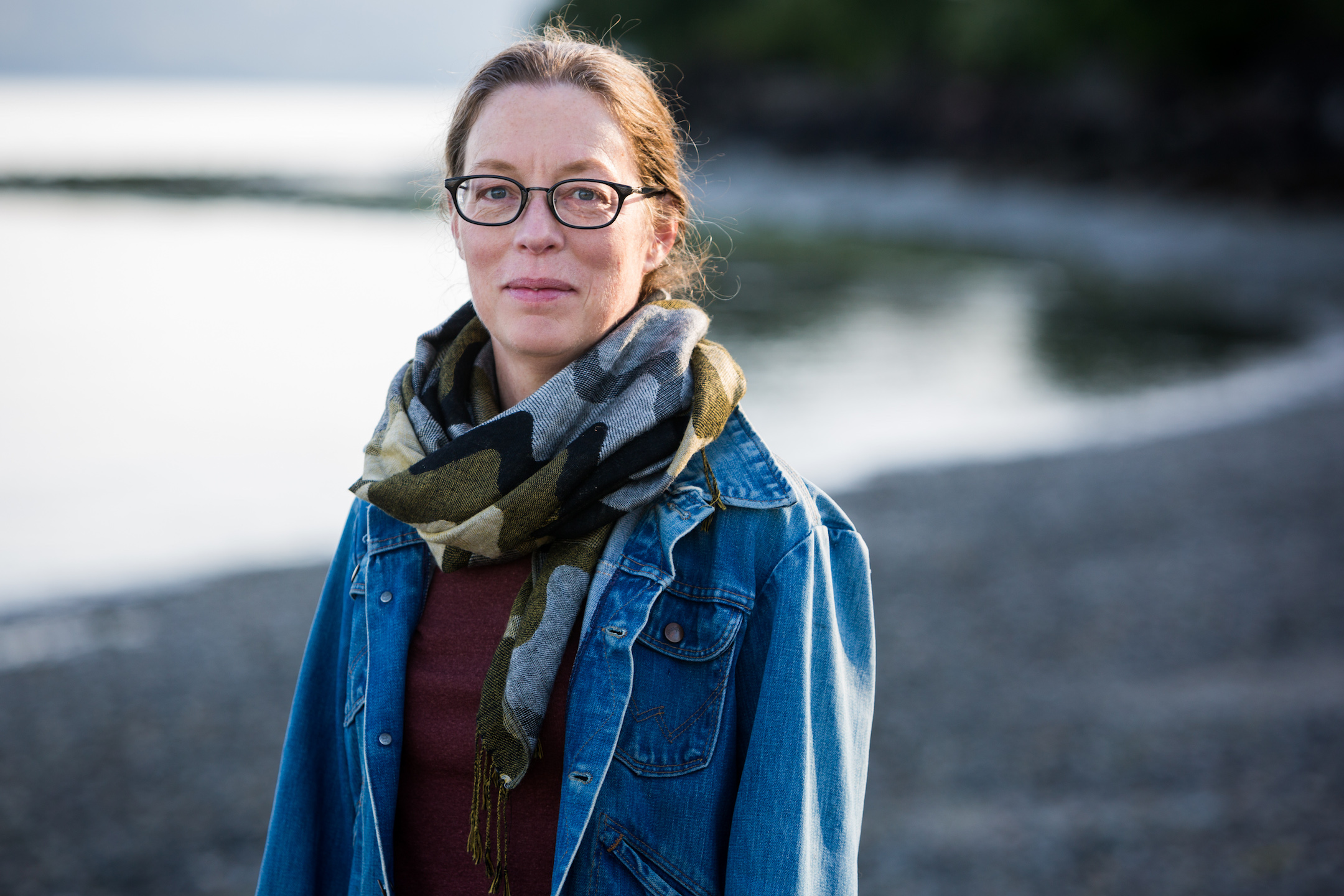- About
- Affiliates
- Join
- Publications
- Estuaries and Coasts
- CERF's Up! Quarterly Bulletin
- Coastal & Estuarine Science News (CESN)
- CERF-Lit
- Advertising
- Programs & Events
- Inclusive Culture
- Communities
Programs & Events
|
CERF Webinar: Citizen Science is Marine Science
Monday, May 13, 2019, 1:00 PM - 2:00 PM EDT
Category: CERF Events & Webinars
Citizen Science Is Marine ScienceAbout the WebinarCitizen science is a growing phenomenon allowing the non-science public access to data collection, monitoring, and research projects across the spectrum of science. Within projects in which scientific outcomes are the primary objective, project structure ranges from entirely online (image classification, transcription, and gaming) to entirely “in person” or “hands-on” within the relevant science setting. Hands-on, out-of-doors programs requesting that participants repeatedly perform project activities are especially suited for returning high-quality data immediately useful in science and resource management while simultaneously provoking the participants' interests, imagination, and desire to learn about the natural world. These projects can advance their data quality through expert-led training and well-designed materials, and through independent verification. Within the marine realm, citizen science programs have been used to monitor marine debris and water quality; document species invasions and range extensions; measure the impacts of harmful algal blooms, fishery bycatch, and climate change; and—most importantly—create a spatially explicit baseline or long-term normal pattern. The Coastal Observation and Seabird Survey Team (COASST) is a 19-year-old citizen science program with ~1,000 active participants collecting monthly data on beached birds and marine debris. Almost 500 data collection sites are spread across the west coast from Mendocino County, CA, north to Kotzebue, AK. COASST beached bird data have been used to assess the impacts of an increasingly warm ocean (the northeast Pacific marine heatwave), document the effects of harmful algal blooms, and reveal which species are especially sensitive to oil spills. COASST participants quickly become highly accurate and knowledgeable data collectors who value science, remain in the program for years and want to perform the “social functions” of science, including communicating about program findings and recruiting others to the program. Watch the RecordingThis webinar has passed. If you are a member of CERF, you can access this past webinar in our Webinar Library.
|

 Prev Month
Prev Month View Month
View Month Search
Search Go to Month
Go to Month Next Month
Next Month About Dr. Julia Parrish
About Dr. Julia Parrish Export Event
Export Event